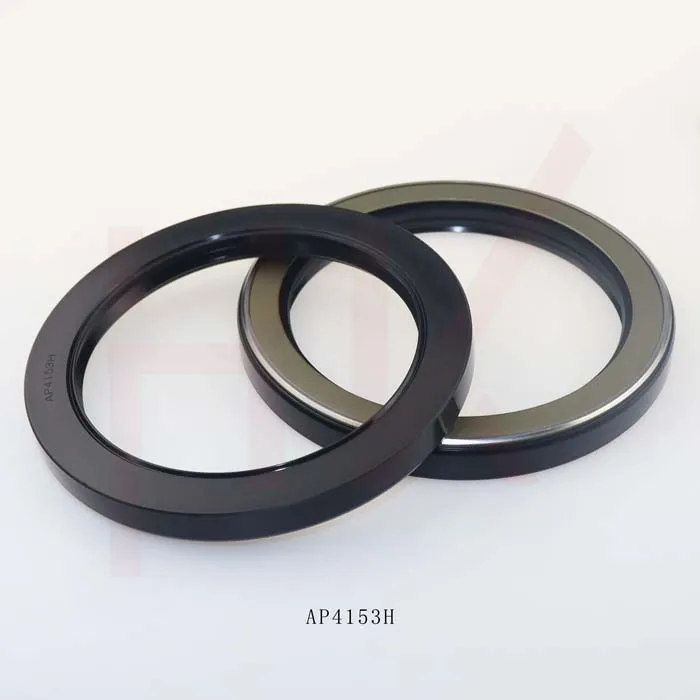Aug . 29, 2024 14:53 Back to list
High Pressure Shaft Seals - Reliable & Durable Solutions
High Pressure Shaft Seals Ensuring Reliability and Performance
High pressure shaft seals play a critical role in various industrial applications, particularly in rotating machinery where fluids or gases are contained under significant pressure. These seals are designed to prevent the leakage of substances, ensuring efficiency and safety in processes such as hydraulic systems, pumps, and compressors. With the increasing demand for performance and reliability in high-pressure environments, understanding the importance and functionality of these seals is essential.
High pressure shaft seals are typically made from durable materials such as elastomers, PTFE (polytetrafluoroethylene), or metal. The choice of material depends largely on the operating conditions, including temperature, pressure, and the nature of the fluid being sealed. For instance, PTFE seals are favored in chemical processing due to their excellent chemical resistance, while rubber-based seals are widely used in hydraulic systems due to their elasticity and ability to accommodate slight misalignments.
One of the primary functions of high pressure shaft seals is to minimize the escape of fluids, which can lead to costly leaks and downtime. In high-pressure systems, even a small leak can result in significant performance degradation. Therefore, the design of the seal must ensure a tight fit around the shaft, effectively countering the pressurized environment. Innovative designs, such as lip seals or mechanical seals, are often employed to achieve this tight seal. Lip seals, for instance, feature a flexible lip that presses against the shaft, while mechanical seals utilize a combination of stationary and rotating components to form a barrier against leakage.
high pressure shaft seals

Additionally, maintenance and proper installation are crucial for the longevity and effectiveness of high pressure shaft seals. Over time, wear and tear can compromise the integrity of the seal. Regular inspections can help identify signs of wear, such as cracks or abrasions, enabling timely replacement before failures occur. Furthermore, proper installation techniques, including alignment and the use of appropriate sealing methods, are essential to prevent premature seal failure.
The advancements in sealing technology have also led to the development of specialized high pressure shaft seals that can accommodate varying pressure levels and improve performance. For example, the introduction of adaptive sealing solutions allows for dynamic adjustments to fit different operational conditions, thereby enhancing the efficiency and reliability of machinery.
Environmental considerations are becoming increasingly important as industries work towards sustainable practices. High pressure shaft seals can contribute to reducing environmental impact by minimizing leakage and waste. Manufacturers are continually researching and developing new materials that are not only effective in sealing but also environmentally friendly.
In conclusion, high pressure shaft seals are vital components in maintaining the integrity and efficiency of high-pressure systems across various industries. By preventing leaks, ensuring safety, and advancing technology, these seals significantly contribute to operational success. As industries continue to evolve, the importance of reliable sealing solutions will remain paramount, making high pressure shaft seals an indispensable part of modern engineering.
-
Wiper Oil Seal: Our Commitment to Clean Hydraulics
NewsAug.13,2025
-
Hydraulic Oil Seal for Self Discharging Cars
NewsAug.13,2025
-
Hub Oil Seal for Agricultural Tractor Hubs
NewsAug.13,2025
-
Skeleton Oil Seal with NBR Material
NewsAug.13,2025
-
Rotary Lip Seal for High Pressure Applications
NewsAug.13,2025
-
Cylinder Seal Kits Our Legacy of Hydraulic Trust
NewsAug.13,2025
-
Unlocking the Potential of Hydraulic Systems with Essential Sealing Solutions
NewsAug.06,2025
Products categories
















